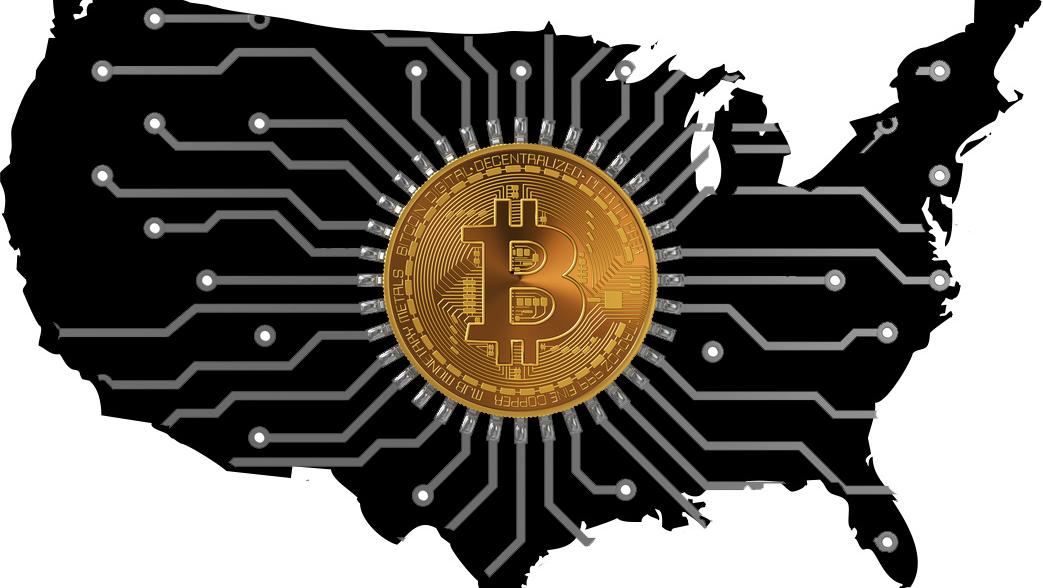PALO ALTO, Calif. (Reuters) - The Federal Reserve is taking a look at a broad variety of concerns around digital payments and currencies, consisting of policy, design and legal factors to consider around potentially releasing its own digital currency, Guv Lael Brainard stated on Wednesday. Brainard's remarks suggest more openness to the possibility of a Fed-issued digital coin than in the past." By transforming payments, digitalization has the possible to deliver greater worth and benefit at lower expense," Brainard said at a conference on payments at the Stanford Graduate School of Business.
Reserve banks globally are disputing how to handle digital finance innovation and the distributed journal systems utilized by bitcoin, which assures near-instantaneous payment at potentially low expense. The Fed is establishing its own round-the-clock real-time payments and settlement service and is currently reviewing 200 comment letters sent late in 2015 about the suggested service's style and scope, Brainard stated.
Less than 2 years ago Brainard informed a conference in San Francisco that there is "no engaging demonstrated need" for such a coin. But that was before the scope of Facebook's digital currency aspirations were commonly understood. Fed authorities, consisting of Brainard, have raised concerns about consumer defenses and data and privacy hazards that could be posed by a currency that could enter into use by the third of the world's population that have Facebook accounts.
" We are collaborating with other reserve banks as we advance our understanding of central bank digital currencies," she said. With more countries checking out issuing their own digital currencies, Brainard stated, that adds to "a set of factors to likewise be making certain that we are that frontier of both research and policy advancement." In the United States, Brainard said, problems that need study consist of whether a digital currency would make the payments system more secure or easier, and whether it could present financial stability threats, consisting of the possibility of bank runs if cash can be turned "with a single swipe" fed coin price into the reserve bank's digital currency.

To counter the financial damage from America's unprecedented nationwide lockdown, the Federal Reserve has taken extraordinary steps, including flooding the economy with dollars and investing directly in the economy. The majority of these moves received grudging acceptance even from lots of Fed skeptics, as they saw this stimulus as required and something only the Fed could do.
My new CEI report, "Government-Run Payment Systems Are Risky at Any Speed: The Case Against Fedcoin and FedNow," details the threats of the Fed's present prepare for its FedNow real-time payment system, and proposals for main bank-issued cryptocurrency that have been dubbed Fedcoin or the "digital dollar." In my report, I go over concerns about privacy, data security, currency control, and crowding out private-sector competitors and development.
Supporters of FedNow and Fedcoin say the federal government needs to produce a system for payments to deposit immediately, rather than encourage such systems in the economic sector by raising regulatory barriers. However as kept in mind in the paper, the economic sector is offering a relatively endless supply of payment technologies and digital currencies to resolve the problemto the extent it is a problemof the time space between when a payment is sent out and when it is received in a bank account.
And the examples of private-sector development in this area are many. The Cleaning House, a bank-held cooperative that has been routing interbank payments in numerous types for more than 150 years, has actually been clearing real-time payments because 2017. By the end of 2018 it was covering 50 percent of the deposit base in the U.S.